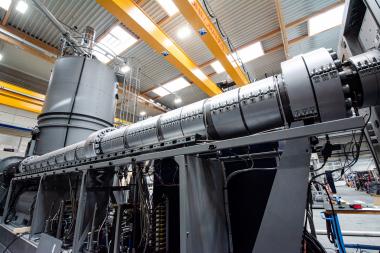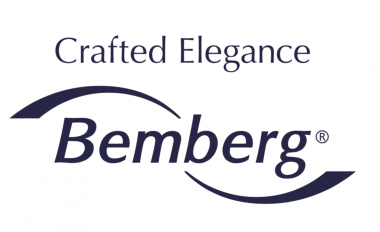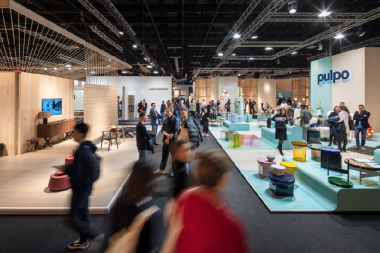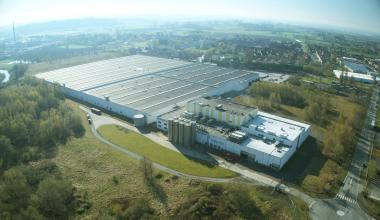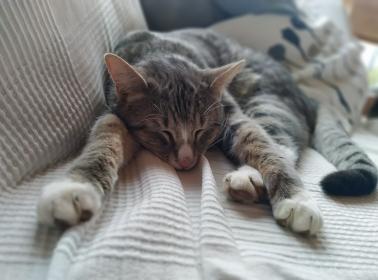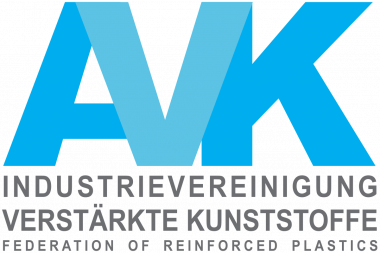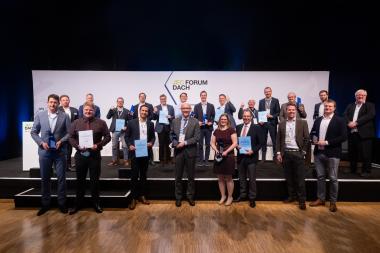Launch of the TCLF Pact for Skills: People at the heart of the industry’s competitiveness
118 organisations signed today the TCLF (= Textiles, Clothing, Leather and Footwear) Pact for Skills, an initiative promoted by the European Commission and coordinated by EURATEX. The signatories acknowledge the skills challenge in the textiles ecosystem, and commit to invest in reskilling and upskilling workers, integrating green and digital skills and improving the attractiveness of the sector. Members of the Pact will benefit from networking, guidance and resources offered by the EC to implement the targets which are proposed in the Pact.
The Pact for Skills is part of the EU Industrial Strategy, addressing the competitiveness of 14 critical ecosystems, including textiles. The main aim of the Pact is maximising the impact of investments in improving existing skills (upskilling) and training in new skills (reskilling). To reach such an ambitious goal, the Pact gathers various actors in the TCLF sectors: industry, employers, social partners, national and regional authorities, education and training providers. These actors should work together and invest in large-scale skills partnerships, guarantee exchange of best practices and increase the attractiveness of the sector.
Specifically, the TCLF Pact for Skills focuses on 5 objectives and for each of them, the signatories identified a certain number of target actions:
- Promoting a culture of lifelong learning for all: one of the actions is to design and roll out courses promoting latest technologies and digital tools such as VR and AI (digital skills) and promoting durability, repair and waste management activities (green skills), in particular circular design skills.
- Building a strong skills partnership with relevant stakeholders: signatories foresee to build regional and cross-sectoral partnerships between industry, education providers and authorities, which are adapted to their specific needs. .
- Monitoring skills supply/demand and anticipating skills needs: to reach it, industry, policy and education stakeholders will establish the TCLF Skills Observatory.
- Working against discrimination and for gender equality and equal opportunities: signatories will launch a TCLF manifesto of diversity and a supporting initiatives to improve the gender balance and ensure equal opportunities for all.
- Raising awareness & attractiveness on the TCLF industries, i.a. though dedicated information campaigns, showcasing the opportunities in the sector and promoting mobility for young workers.
As of early 2022, the European Commission will offer signatories of the Pact for Skills to benefit from collaboration at EU, national and regional levels and in particular gain access to networking, knowledge and guidance & resource hubs.
“EURATEX is proud to coordinate this initiative” says Alberto Paccanelli, EURATEX President. “Our companies’ success is based on finding the right people with the right set of skills. This becomes increasingly difficult, so this Pact is a wake-up call to work together and develop a forward looking strategy, where people are put at the heart of our sector.”
Euratex








